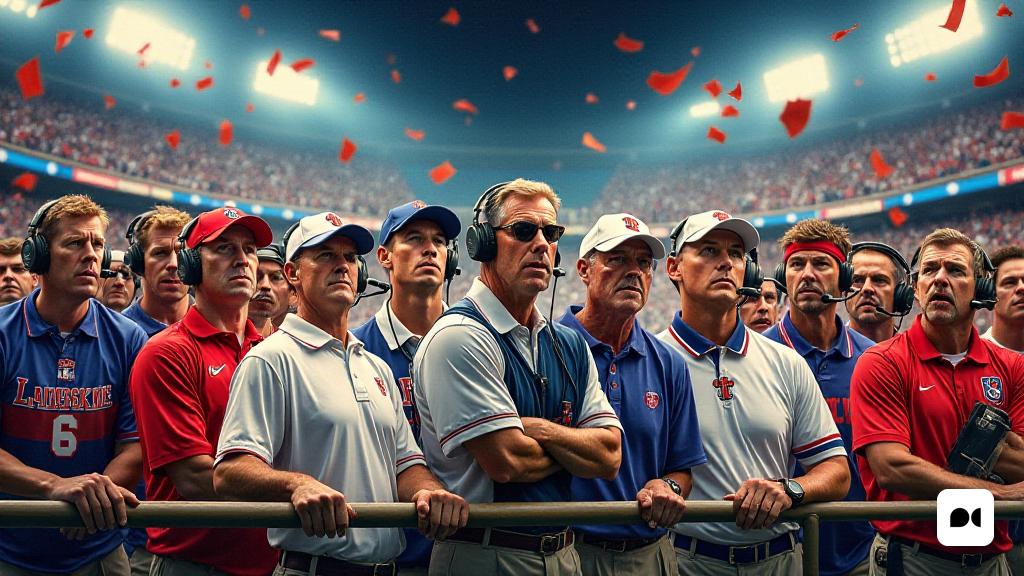The Evolution of Coaching in College Football
As we traverse the last 25 years of college football, it’s essential to recognize the pivotal role of coaches in shaping the sport. Unlike players, who often move on quickly, coaches tend to leave a lasting imprint on their programs. This period has seen significant transformations, with legendary figures stepping aside and new talents emerging.
Defining Success: Metrics and Achievements
When assessing the success of college football coaches from the 2000s, several key factors come into play. Championships earned, improvement of struggling programs, and overall win-loss records are paramount. This analysis is focused solely on their tenures as head coaches in the Football Bowl Subdivision (FBS), discounting their prior experiences as assistants or in the NFL.
A Closer Look at Championship Impact
Winning a championship is a significant milestone for any coach. However, the context matters: taking over a faltering program and revitalizing it is often seen as more commendable than simply maintaining an already successful team.
Ranking the Coaches: A Deep Dive
The following rankings present a selection of notable coaches who have made their mark in college football during the 2000s. The challenge of curating this list was identifying who to include, as many worthy candidates surfaced. Here’s a breakdown of the top coaches, reflecting their unique contributions and challenges.
Emerging Stars and Established Legends
Some names on this list, like Mike Leach and Chip Kelly, transformed the game with innovative offensive strategies. Others, like Kirk Ferentz and Bill Snyder, exemplified longevity and consistency, even as they faced peaks and valleys in their careers.
The Rise of Contemporary Coaching Icons
Coaches like Lincoln Riley and Kirby Smart showcase the new generation of leaders, demonstrating how fresh approaches can reinvigorate storied programs and lead to immediate success.
The Coaches Who Shaped a Generation
From the legendary Nick Saban, whose unmatched record speaks volumes, to Urban Meyer, who excelled at multiple programs, the impact of these coaches is undeniable. Their legacies, built on championships and transformative leadership, set benchmarks for future generations.
The Complexities of Coaching Careers
While championships are critical, the journey of each coach offers rich stories of challenges and triumphs. For instance, Les Miles faced scrutiny and controversy late in his career, while Jim Harbaugh’s path saw him revive two struggling programs to national prominence.
Looking Ahead: The Future of College Football Coaching
As we reflect on the past, it’s vital to consider what lies ahead for college football coaching. With emerging talents, shifting dynamics in recruiting, and evolving strategies, the landscape is ripe for new legends to arise. The foundation laid by past coaches continues to influence the game, and their lessons will guide future leaders.
Final Thoughts on Legacy and Impact
Ultimately, the legacy of a coach is defined not just by their records but by their ability to inspire and innovate. As we celebrate the best of the past 25 years, we also look forward to the next wave of coaching talent ready to leave their mark on college football.

